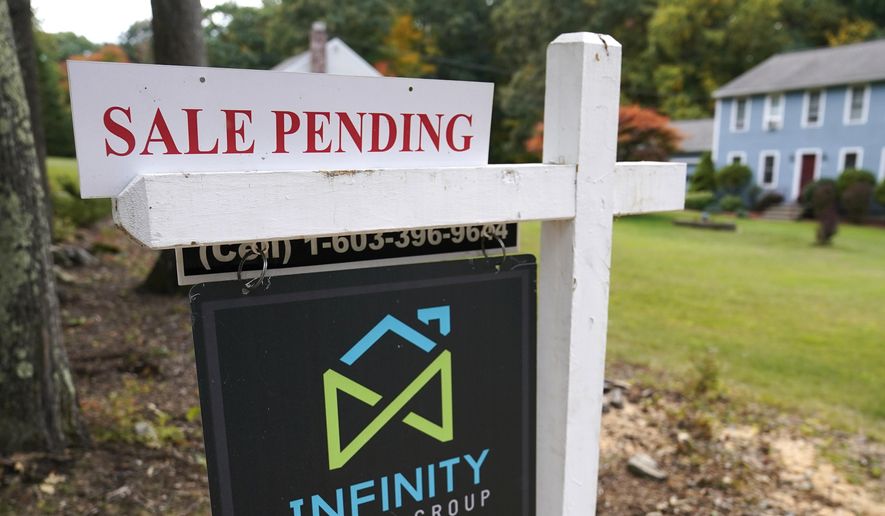The White House said Wednesday it will use existing federal funds to build and provide 100,000 homes to low- and middle-income buyers and nonprofits over the next three years to bolster supply that is often snapped up by deep-pocketed investors.
President Biden believes Congress can bolster affordable housing by approving his mammoth spending plan for families, but the White House said it “can’t wait to take action,” as economically battered Americans sought space during the coronavirus pandemic only to find tight supply and runaway home prices and rents.
“The large and long-standing gap between the supply and demand of affordable homes for both renters and homeowners makes it harder for families to buy their first home and drives up the cost of rent,” a White House fact sheet said. “Higher housing costs also crowd out other investments families can and should make to improve their lives, such as investments in education.”
U.S. Housing and Urban Development Secretary Marcia Fudge on Wednesday will announce a series of measures to carry out the plan, from expanded financing through the Treasury and agencies such as Freddie Mac and Fannie Mae to relaunching a Treasury-HUD Risk Sharing Program that provides low-cost capital for affordable housing development.
The plan would prioritize families by limiting the sale of certain properties owned by HUD or insured by the Federal Housing Administration to investors.
The administration said it is also “expanding and creating exclusivity periods in which only governmental entities, owner-occupants, and qualified non-profit organizations are able to bid on certain FHA-insured and government-owned properties.”
The White House said it needs to act because investors gobbled up one in every six homes purchased in the second quarter of this year.
“Large investor purchases of single-family homes and conversion into rental properties [speed] the transition of neighborhoods from homeownership to rental and drives up home prices for lower cost homes, making it harder for aspiring first-time and first-generation home buyers, among others, to buy a home,” the fact sheet said. “At the same, these purchases are unlikely to meaningfully boost supply in the lower-cost portions of the rental market, as investors charge more for rent to recoup higher purchase costs.”
• Tom Howell Jr. can be reached at thowell@washingtontimes.com.




Please read our comment policy before commenting.